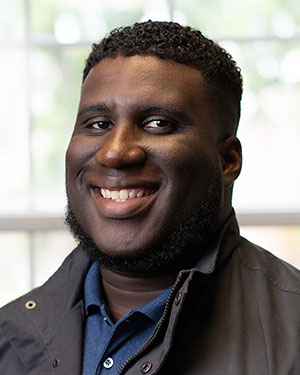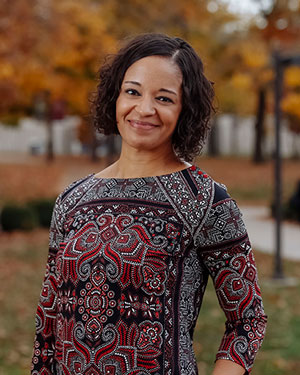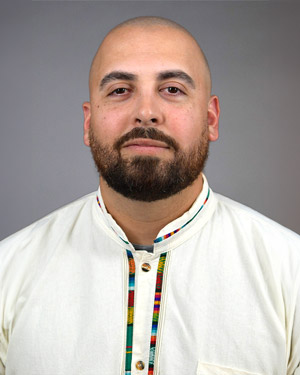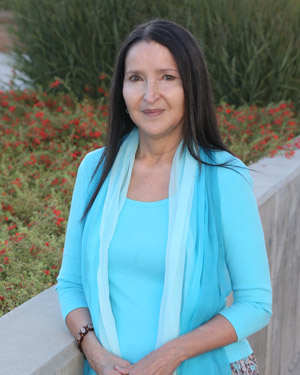Over the past five decades, Hip-Hop has rocketed from a local subculture to a global phenomenon, leaving an unmistakable mark on our culture and helping drive social movements. Emerging from the marginalized neighborhoods of the Bronx in the 1970s, this art form almost immediately became a powerful vehicle for self-expression and commentary on social issues that has shaped the country.
Hip-Hop’s influence on culture can’t be overstated—extending beyond music to encompass fashion, film, politics, and visual arts. The art form has also provided a platform for underrepresented voices, allowing artists from communities to share their experiences and address social and economic inequalities. From the sober storytelling of early pioneers like Grandmaster Flash, Slick Rick, and BDP to the socially conscious lyrics of artists like Public Enemy, Lauryn Hill, and Kendrick Lamar, Hip-Hop has consistently challenged the status quo.
Hip-Hop’s beats and rhymes have also become anthems for activism, inspiring whole movements while addressing issues such as racial injustice, police brutality, gender inequality, and economic disparities (Public Enemy’s “Fight the Power” is one obvious example). Artists like Tupac Shakur and Kendrick Lamar have used their platforms to spark conversations about systemic issues—while other artists like Lil’ Kim, Cardi B, and Lil’ Nas X have challenged generations to question and confront societal norms.
This special Reframing the Conversation during Black History Month explored many of the areas in our culture that Hip-Hop has helped shape over the past half-century.
Speakers

Meligha Garfield
Director, Black Cultural Center
The University of Utah
Moderator
Meligha Garfield (he/him) is tasked with directing and strategically planning the Black Cultural Center as a model for the state. He brings expertise on the implementation, development, and evaluation of programs aimed at promoting awareness of the African diaspora. A native of Rochester, New York, Meligha is an avid movie-goer; Marvel comic book enthusiast; and fan of hip-hop, neo-soul, and 80’s R&B. (According to him, the top 5 hip-hop artists are Nas, Tribe Called Quest, Common, Kanye West, and Rakim.)

Rachel Alicia Griffin, Ph.D.
Associate Professor of Race and Communication
The University of Utah
Panelist
Rachel Alicia Griffin, Ph.D. is an Associate Professor of Race and Communication and Associate Chair in the Department of Communication at the University of Utah. As a critical/cultural scholar who has earned several honors, her research interests span critical race theory, Black feminist thought, sexual violence, and the social institutions of sport, media, education, and the U.S. presidency. Dr. Griffin is currently the Editor Critical Studies in Media Communication—the discipline’s foremost journal for critical media scholarship. She has published in journals including Women’s Studies in Communication, the International Journal of Qualitative Studies in Education, The Howard Journal of Communications, the Journal of International and Intercultural Communication, Departures in Critical Qualitative Research, and Communication, Culture, & Critique in addition to being a co-editor of Adventures in Shondaland: Identity Politics and the Power of Representation (Rutgers University Press, 2018). Exceptionally committed to sustaining synergy between research and service, Dr. Griffin has delivered well over 100 anti-sexual violence and Inclusive Excellence presentations on campuses and at conferences nationally and internationally.

Ephraim Kum
Program Coordinator, Black Cultural Center
The University of Utah
Panelist
Born in Ghana, Ephraim (he/him) immigrated to the United States with his parents when he was one year old. From an early age, Ephraim discovered a passion for serving his community, which led to numerous opportunities including experience with the SLC Mayor’s Office, Salt Lake County’s Council on Diversity of Affairs, NAACP, and Utah State Legislature. He even served as the student body president at the U! As program coordinator, Ephraim is excited to continue working closely with his U of U and SLC community.

Luis Lopez, M.Ed.
Associate Director, First Ascent Scholars
The University of Utah
Panelist
Luis Lopez (he/him/el) is a hip-hop-loving Xicano who currently serves as the associate director of First Ascent Scholars with the David Eccles School of Business at the University of Utah. The First Ascent Scholars Program cultivates, encourages and enables academically focused students with significant financial need to attend the Eccles School and connect with the University of Utah, local and global community while reaching their full academic potential.

Theresa Martinez, Ph.D.
Associate Professor of Sociology
The University of Utah
Panelist
Theresa Martinez (she/her/ella) is currently Associate Professor of Sociology at the University of Utah. Her teaching and research deal with issues of race, class and gender, deviant behavior, juvenile delinquency, and popular culture. Professor Martinez has won several teaching awards including the Calvin S. and JeNeal N. Hatch Prize in Teaching—the highest teaching honor at the University of Utah. In the community, Professor Martinez has won the 1994 YWCA Leadership Award for Education, the 2005 Utah Coalition de La Raza Personal Achievement and Community Service Award, the 2006 Renaissance Woman Award, and the 2010 Cesar Chavez Peace and Justice Award. Professor Martinez is a member of several community boards including the Salt Lake Legal Defenders, The Children’s Center, Pioneer Theatre Company, and Salt Lake Acting Company. She has appeared in Time magazine, the Miami Herald, and the New York Times, as well as on National Public Radio and 20/20: News Magazine.
